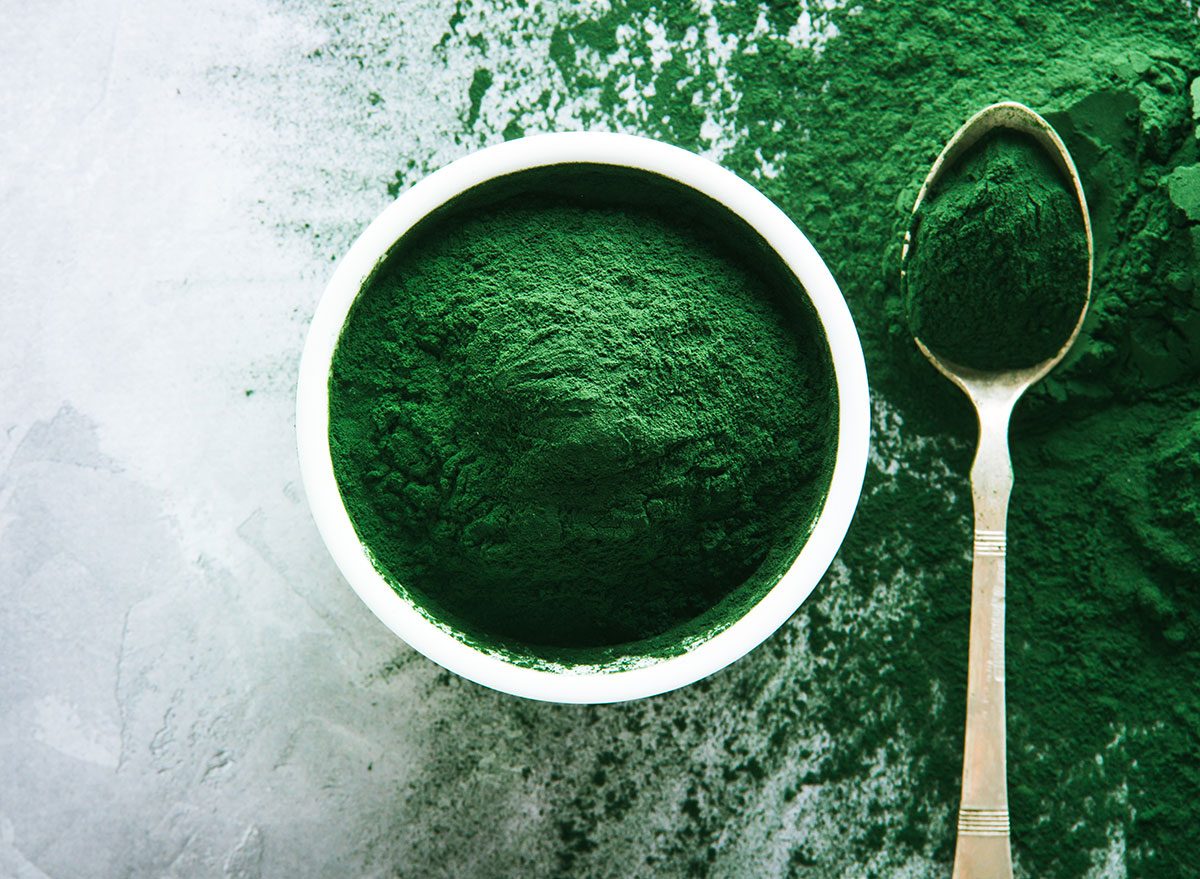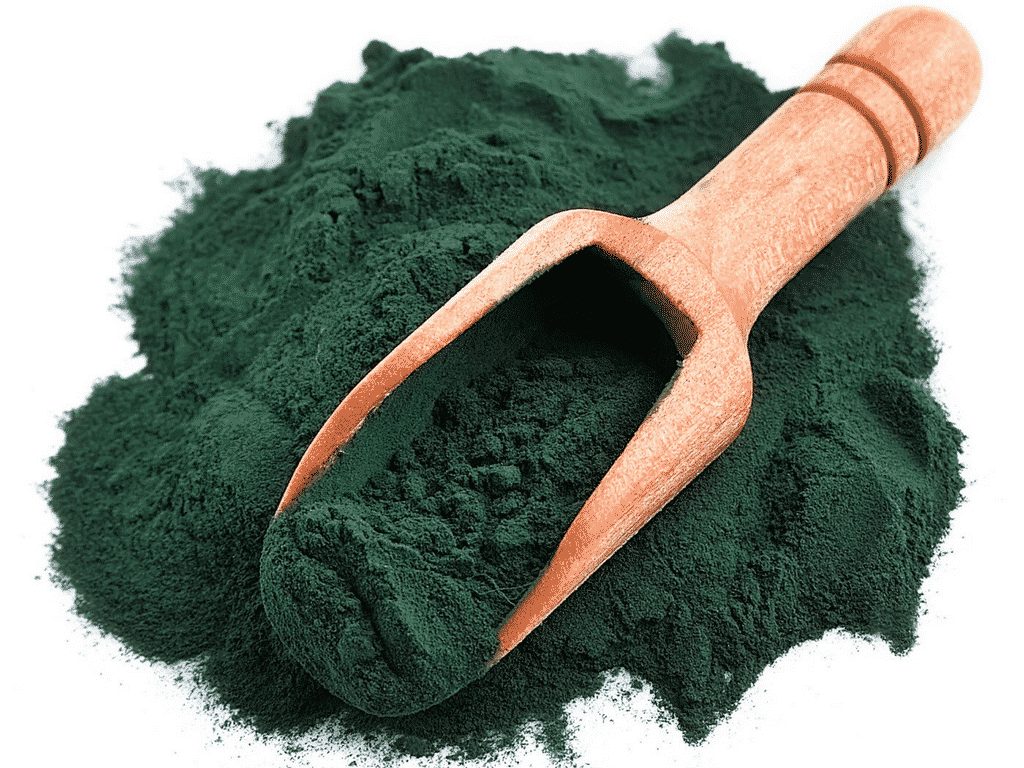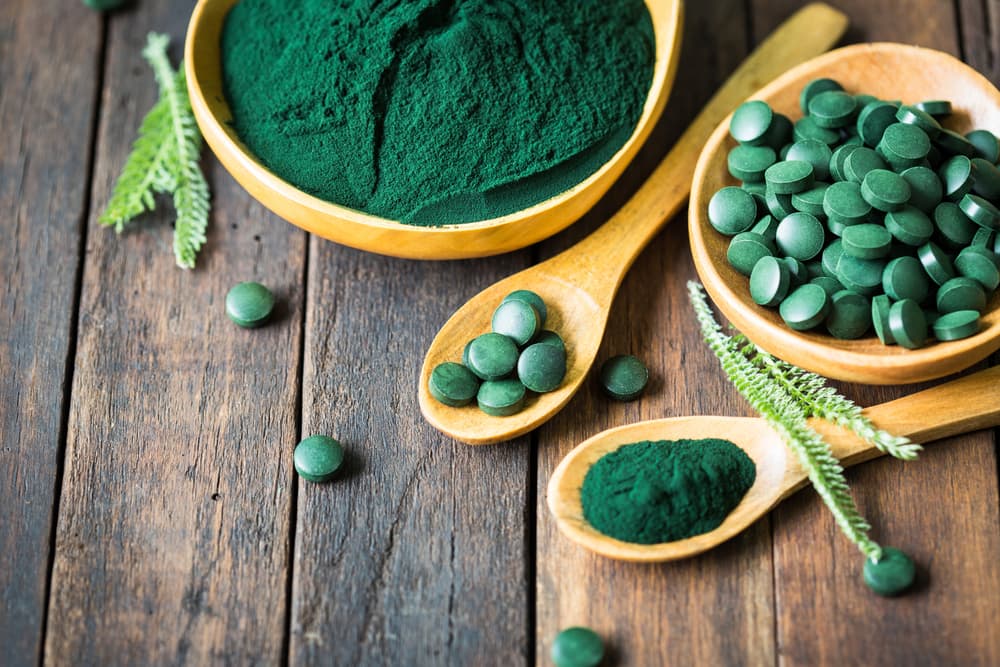Spirulina’s Relevance in 2025
Spirulina's relevance in 2025 extends beyond being a superfood—it is a solution to many modern health and environmental challenges. Its nutritional benefits, sustainability, and role in immunity, detoxification, and overall well-being make it a must-have supplement in the years to come. Whether for personal health, athletic performance, or global food security, spirulina continues to shine as a key player in the future of nutrition.

Spirulina: The Superfood of 2025
What is Spirulina?
Spirulina is a blue-green alga known for its exceptional nutritional value. It is rich in protein, vitamins, minerals, and antioxidants, making it one of the most potent superfoods available today. Spirulina has been consumed for centuries and continues to gain global recognition for its health benefits.
The Relevance of Spirulina in 2025
In 2025, spirulina remains highly relevant due to several global health and environmental trends:
1. Nutritional Powerhouse for a Growing Population
With the world’s population still increasing, food security is a growing concern. Spirulina offers a sustainable source of high-quality protein (up to 70% of its dry weight) and essential nutrients like iron, vitamin B12, and omega-3 fatty acids. This makes it a vital supplement, especially in regions facing malnutrition.
2. Support for Immune Health
In the wake of recent global health crises, people are more conscious of their immune systems. Spirulina contains phycocyanin, a powerful antioxidant that fights inflammation and boosts immunity, making it a popular choice for those looking to strengthen their body’s natural defenses.
3. Climate Change and Sustainable Food Production
Traditional agriculture faces challenges due to climate change, deforestation, and water scarcity. Spirulina cultivation requires minimal land, water, and resources compared to conventional crops and livestock. Its ability to thrive in harsh conditions makes it a sustainable food source for the future.
4. Detoxification and Heavy Metal Removal
Industrialization and pollution have led to increased exposure to heavy metals and toxins in food and water. Spirulina has detoxifying properties that help remove heavy metals like arsenic, lead, and mercury from the body, making it a crucial supplement in polluted environments.
5. Weight Management and Metabolism Boost
With obesity and metabolic disorders on the rise, spirulina’s ability to promote satiety, regulate blood sugar levels, and enhance metabolism makes it a valuable dietary addition for weight management and overall wellness.
6. Athletic Performance and Energy Boost
Athletes and fitness enthusiasts continue to turn to spirulina for its high protein content, amino acids, and energy-boosting effects. It aids in muscle recovery, reduces oxidative stress, and enhances endurance.
7. Mental Health and Cognitive Function
Spirulina is rich in brain-boosting nutrients such as omega-3s, B vitamins, and antioxidants, which support mental clarity, memory, and focus. As mental health awareness increases in 2025, spirulina is gaining popularity as a natural supplement for cognitive well-being.

Nutritional Comparison of Spirulina vs. Other Foods (Per 100g)
| Nutrient | Spirulina | Beef (Lean) | Eggs | Spinach | Milk (Whole) | Soybeans |
|---|---|---|---|---|---|---|
| Protein (g) | 60-70 | 26 | 13 | 2.9 | 3.3 | 36.5 |
| Iron (mg) | 28-30 | 2.6 | 1.8 | 2.7 | 0.1 | 15.7 |
| Vitamin B12 (µg) | 200-220 | 2.0 | 1.1 | 0 | 0.4 | 0 |
| Calcium (mg) | 120-130 | 12 | 56 | 99 | 113 | 277 |
| Omega-3 (g) | 1.5 | 0.1 | 0.1 | 0.14 | 0.1 | 0.6 |
| Antioxidants | Very High | Low | Low | High | Low | High |
| Calories (kcal) | 290-310 | 250 | 155 | 23 | 61 | 446 |
| Fiber (g) | 3.6 | 0 | 0 | 2.2 | 0 | 9.3 |
Spirulina for Immunity, Back Pain Relief & Bone Health
1. Immunity Boosting Power of Spirulina
✅ Rich in Antioxidants: Contains phycocyanin, a powerful antioxidant that fights free radicals and reduces inflammation.
✅ Enhances White Blood Cells: Boosts immune cell production, improving the body’s ability to fight infections.
✅ Supports Gut Health: Acts as a natural probiotic, supporting gut bacteria, which is essential for strong immunity.
✅ Fights Viral & Bacterial Infections: Helps protect against viruses like influenza and bacterial infections.
2. Spirulina for Back Pain Relief & Posture Correction
✅ Reduces Inflammation & Joint Pain: Its anti-inflammatory properties help relieve pain in the back, joints, and muscles.
✅ Supports Bone Health & Posture Correction: Rich in calcium, magnesium, and phosphorus, strengthening bones and preventing conditions like osteoporosis.
✅ Boosts Muscle Strength & Recovery: High in essential amino acids that help repair muscles and prevent fatigue.
✅ Enhances Nervous System Function: The B vitamins in spirulina support a healthy nervous system, improving posture and spinal alignment.
 Spirulina for Women, Children, and Men
Spirulina for Women, Children, and Men
1. Benefits for Women
✅ Supports Hormonal Balance: Spirulina contains essential fatty acids that help regulate hormones, reducing PMS and menopause symptoms.
✅ Enhances Skin & Hair Health: High in antioxidants, spirulina fights aging, improves skin elasticity, and promotes hair growth.
✅ Boosts Iron Levels: Rich in iron, it helps prevent anemia, especially in pregnant women and those with heavy menstrual cycles.
✅ Promotes Healthy Pregnancy: Spirulina provides folic acid, calcium, and protein, essential for fetal development.
2. Benefits for Children
✅ Boosts Immunity: Helps fight infections and supports overall growth.
✅ Improves Brain Development: Contains DHA and other nutrients essential for cognitive function. ✅ Enhances Energy & Stamina: Helps kids stay active and energetic throughout the day.
3. Benefits for Men
✅ Increases Stamina & Muscle Strength: Spirulina’s high protein content helps build muscle and improve endurance.
✅ Supports Heart Health: Reduces bad cholesterol and supports healthy blood pressure levels.
✅ Improves Sexual Health: The zinc and amino acids in spirulina support testosterone production and reproductive health.
✅ Enhances Mental Focus & Productivity: Its rich nutrient profile supports brain function, reducing stress and fatigue.
How to Use Spirulina for Maximum Benefits
-
Tablets or Capsules: Take as recommended (1-3 grams per day).
-
Powder in Smoothies: Blend with fruits, water, or milk.
-
Add to Soups or Salads: Sprinkle over meals to boost nutrition.
Tip: Consistency is key! Taking spirulina regularly will enhance immunity, reduce back pain, and improve bone health over time.
Conclusion
Spirulina’s relevance in 2025 extends beyond being a superfood—it is a solution to many modern health and environmental challenges. Its nutritional benefits, sustainability, and role in immunity, detoxification, and overall well-being make it a must-have supplement in the years to come. Whether for personal health, athletic performance, or global food security, spirulina continues to shine as a key player in the future of nutrition.





